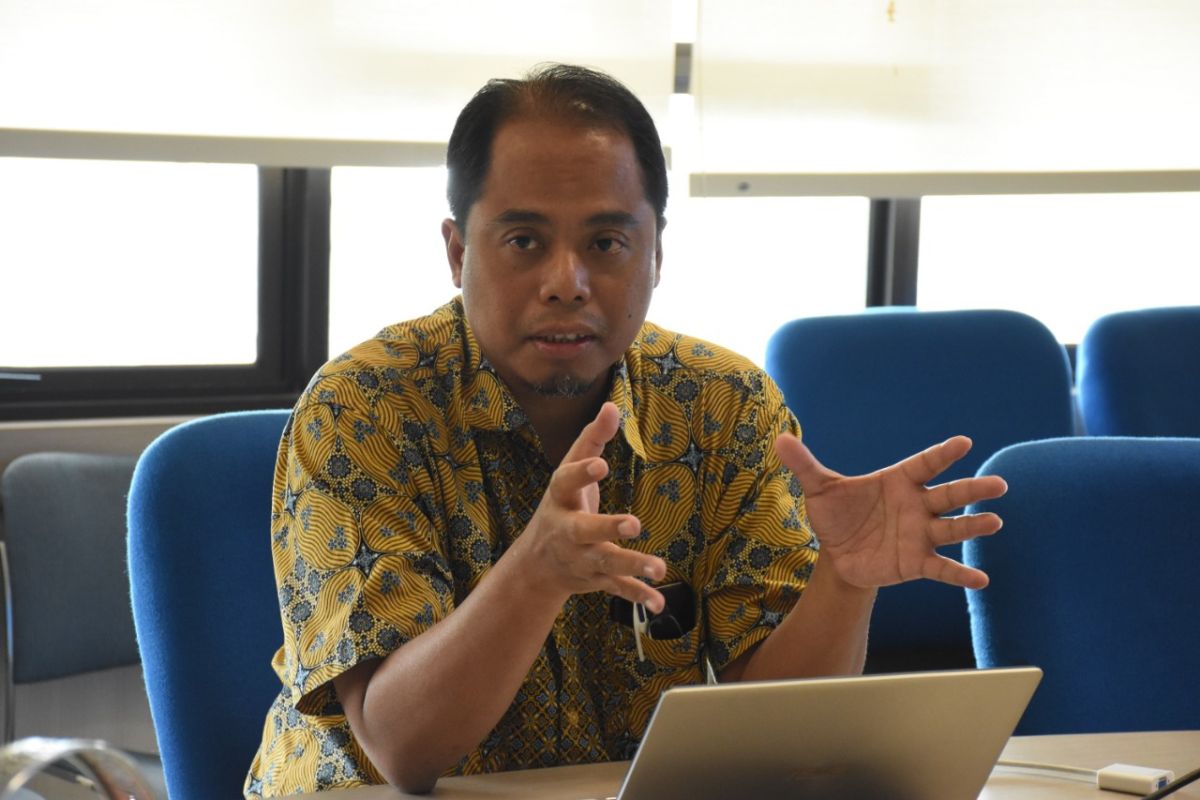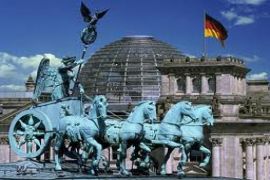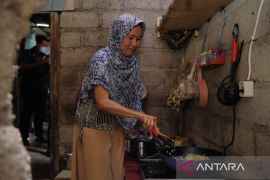In the past, the government had a program to replace kerosene with LPG. Now is the time for the government to continue replacing LPG with electricityBandung (ANTARA) - The Bandung Institute of Technology (ITB) Research Center for New and Renewable Energy Head, Dr Yuli Setyo Indartono, suggested subsidizing the purchase of electric stoves to reduce negative economic impacts of fluctuating fuel and LPG prices.
"In the past, the government had a program to replace kerosene with LPG. Now is the time for the government to continue replacing LPG with electricity," Indartono noted in a written statement from ITB here on Tuesday.
He also suggested the government to electrify transportation modes to reduce the negative impact of fluctuations in fuel and LPG prices on the national economy.
Reducing fuel oil in transportation can be achieved through three ways: increasing the use of biofuels, electrifying motorized vehicles, and improving mass transportation. Meanwhile, in the household sector, the use of electric stoves can also play a role in reducing LPG consumption.
Related news: Government formulates fuel subsidy adjustment scheme : Minister
Indartono noted that currently, liquid fuels used nationally had been replaced by biofuels, even up to 14 percent.
Through this effort, the government is keen to increase the contribution of biofuels in the transportation sector, and this year, trials of B40, which is a mixture of 40-percent biodiesel in diesel fuel, are also being conducted.
Regarding the electrification of motorized vehicles and the use of electric stoves, Indartono stated that both of them also need to be followed by increasing the capacity of power plants in the country.
In order to achieve this, he said the government could provide subsidies to the lower middle class for the purchase of electric stoves.
In the transportation sector, the government also needs to increase the number and quality of means of mass transportation within and between cities.
Indartono also supports the electrification of motorized vehicles that can be accelerated by providing subsidies for the purchase of electric vehicles and the construction of Public Electric Charging Stations (SPLU).
Related news: Govt deliberating on subsidized fuel prices: VP Amin
He noted that all the required budget could be sourced from some of the fuel subsidy posts.
Along with these efforts, the government also needs to plan the construction of new power plants as deemed necessary.
"With the current large allocation for fuel subsidies, some of them can be used for the construction of new power plants that are based on new and renewable energy, such as hydro, geothermal, solar, and wind power," Indartono stated.
He believes this choice aligns with Indonesia's responsibility to reduce carbon dioxide emissions in the atmosphere.
Related news: Minister seeks review of impact of fuel prices on inflation
The development of other types of new and renewable energy, such as biomass, nuclear, and marine, should also be considered.
The development of clean coal as well as carbon capture and storage needs to be conducted, so that coal, which is in large quantities in Indonesia, can be used without destroying the earth.
It is also necessary to develop energy storage technology, so that we can use solar and wind power on a large scale without harboring concerns over the impact of intermittency on the stability of the electricity grid.
"If we can use half of the Rp502 trillion to do these things, then hopefully, our nation would not become trapped again in the fuel crisis that may happen again in future," he cautioned.
Related news: Jokowi ensures trade balance surplus between Indonesia, China in 2022
Related news: Make most of opportunities in every challenge: President Jokowi
Translator: Katriana
Editor: Fardah Assegaf
Copyright © ANTARA 2022








